All the screenshots in this post were taken directly from the movie by me.

I finally had the chance to see the new version of the 1922 gothic horror classic "Nosferatu", one of the most iconic adaptations of Bram Stoker's Dracula.
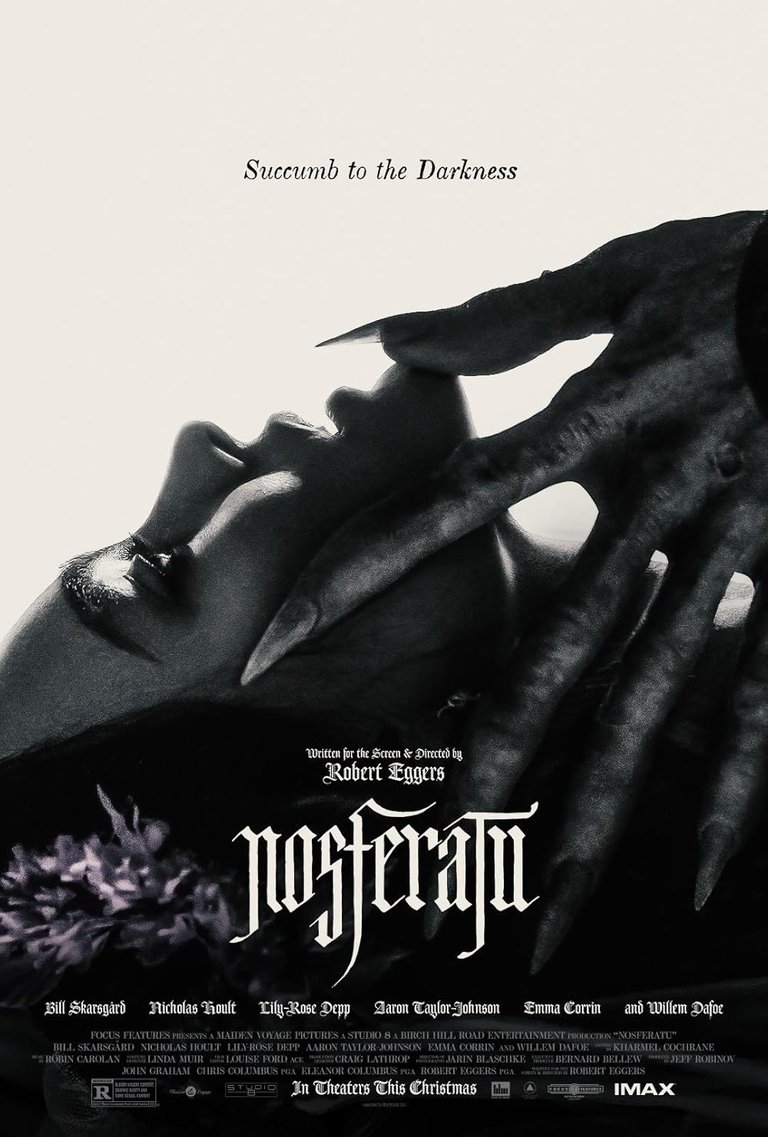
Source
And, while it is no surprise to anyone that the reimagining of this work directed by Robert Eggers (one of the best current filmmakers, with gems like The Lighthouse or The Northman behind his back) turned out brilliant, I must admit that I found a much more brilliant film than I expected, which knows how to take those structural elements most characteristic of Nosferatu, and takes them to a disturbing level that organically mixes drama, horror, and eroticism.
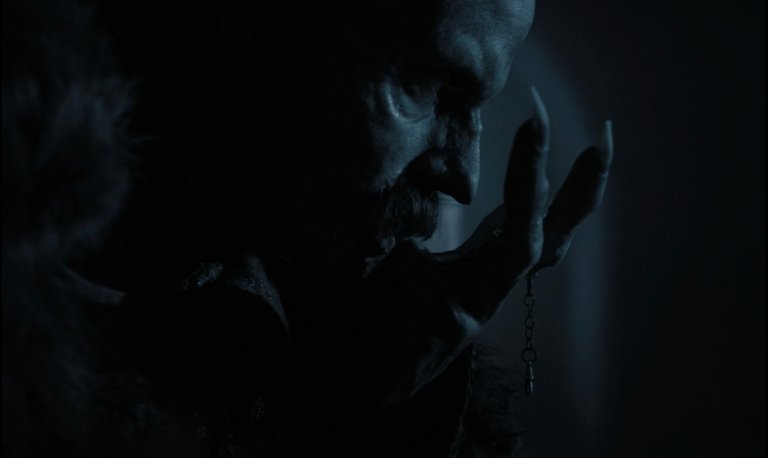
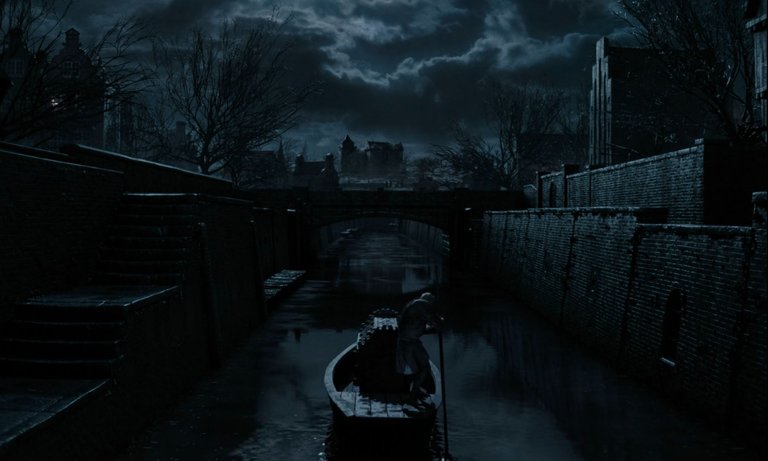
Starring Nicholas Hoult, Lily-Rose Depp, Aaron Taylor-Johnson, Emma Corrin, Willem Dafoe and Bill Skarsgård as Count Orlok, Nosferatu (2024) takes us to early 19th century Germany, as we follow the story of a man named Thomas who must embark on a journey to Transylvania in order to finalize the sale of a house to Count Orlok.
While in terms of its premise there is nothing particularly complex, the virtues of Nosferatu could be reduced to two categories, first: the brilliant performance of each of its actors (Supported by a great script), and second: the creation of a unique audiovisual language that knows how to implement the elements of the 1922 classic and take advantage of modern technology to recontextualize them, creating a beautiful and grotesque film in equal amounts.
This is evident from the brilliant design of the Count, to the large number of sets that accompany each of the scenes of the film, the lights, the sound effects, the costumes and the words shouted by each of its protagonists, everything ends up doing a great job of immersing us in a twisted version of our own world, which manages to find the perfect balance between realism and fantasy, without the need to force either one or the other.
Nosferatu can be elevated with relative ease to the Olympus of modern horror classics, along with gems such as Longlegs, Hereditary, or even the previously mentioned The Lighthouse. Without denying us moments of excessive violence, it knows how to carry out its objectives with a more subtle and artistically charged approach, and there is no doubt that the passage of time will suit it very well.
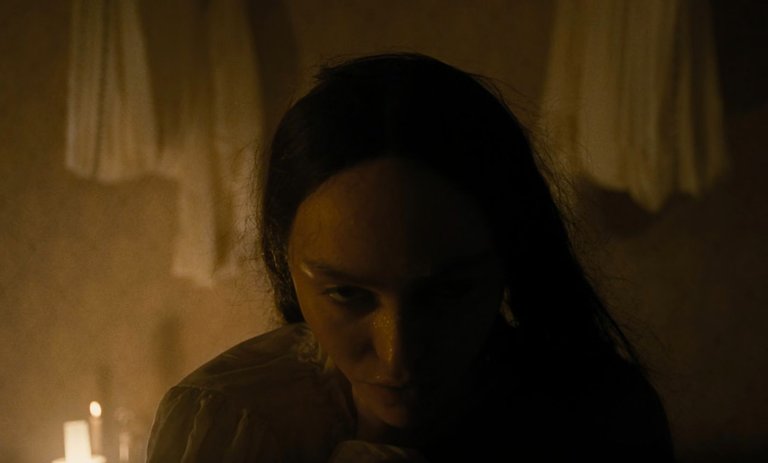
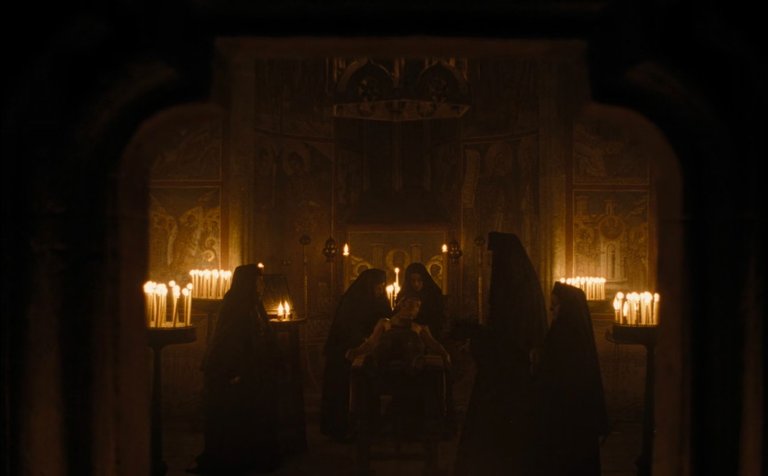
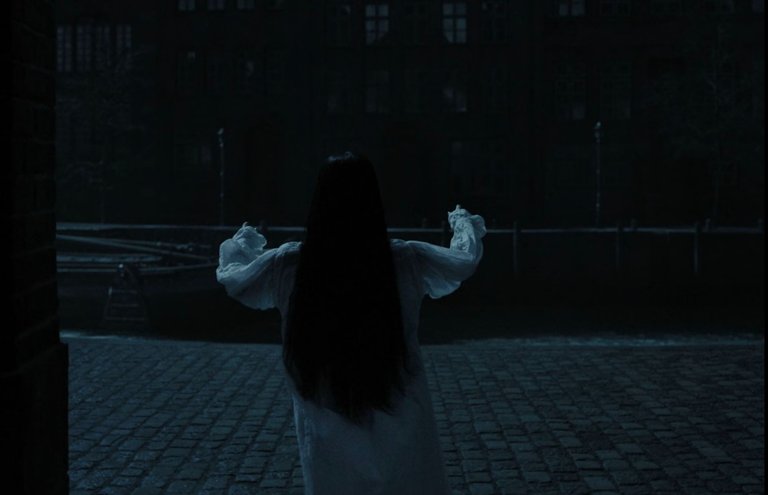
Obviously, it is impossible to compete with the historical legacy of the 1922 French film, which also worked miracles with its technical and economic limitations, but there is no doubt that we have a worthy adaptation, which, far from seeking to replace it, allows us to open our eyes with respect to how much the industry has evolved, as well as how important it is to always keep its past in mind.
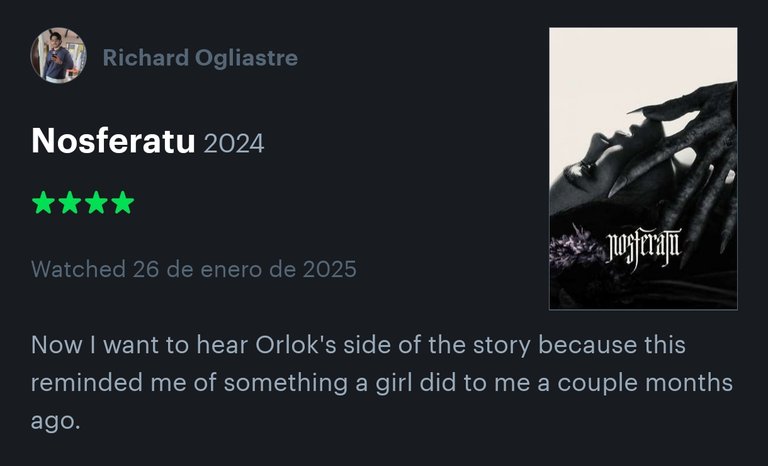
Score taken from my Letterboxd account.

Twitter/Instagram/Letterbox: Alxxssss
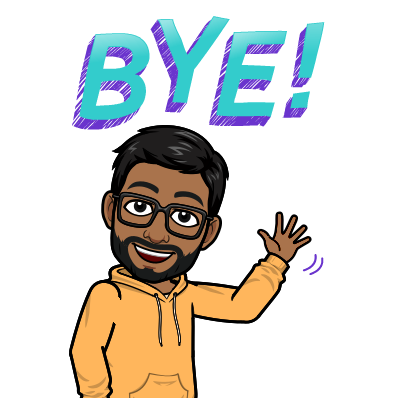
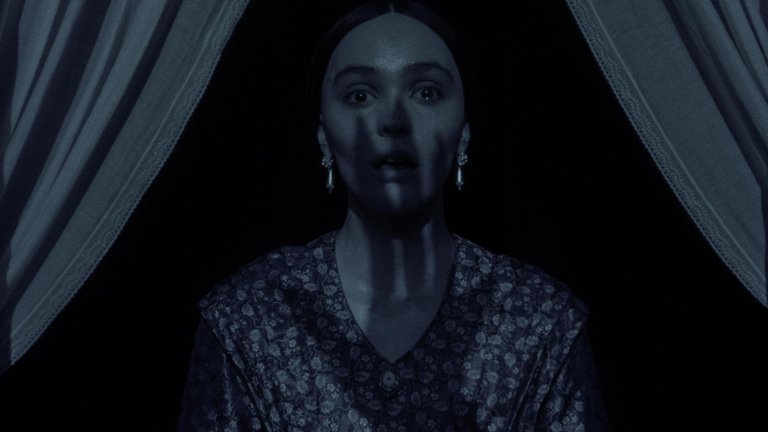
Those images scream horror. I can only imagine how the film goes. Nice review, by the way.
Beautiful film, and yes, it's pretty scary